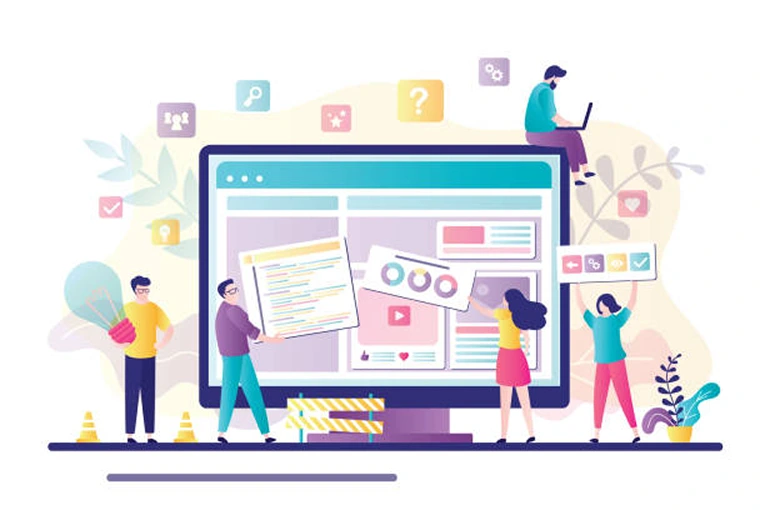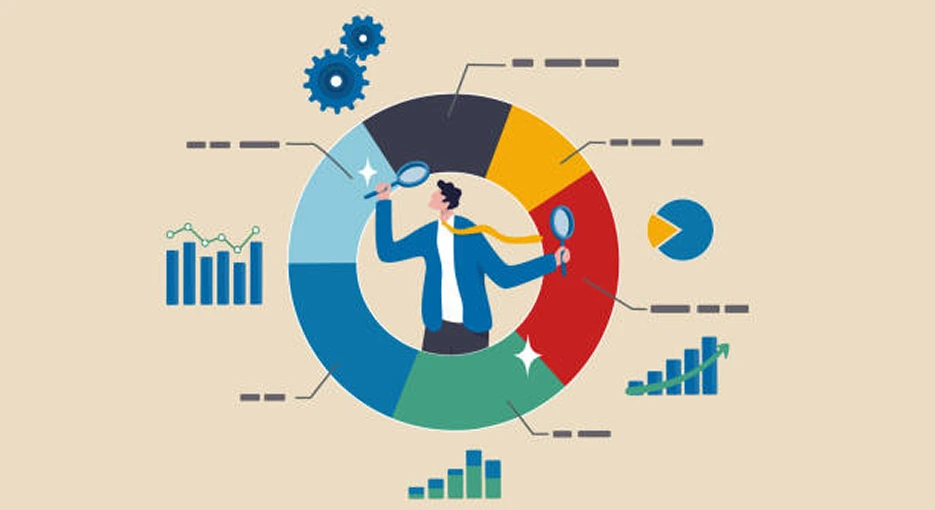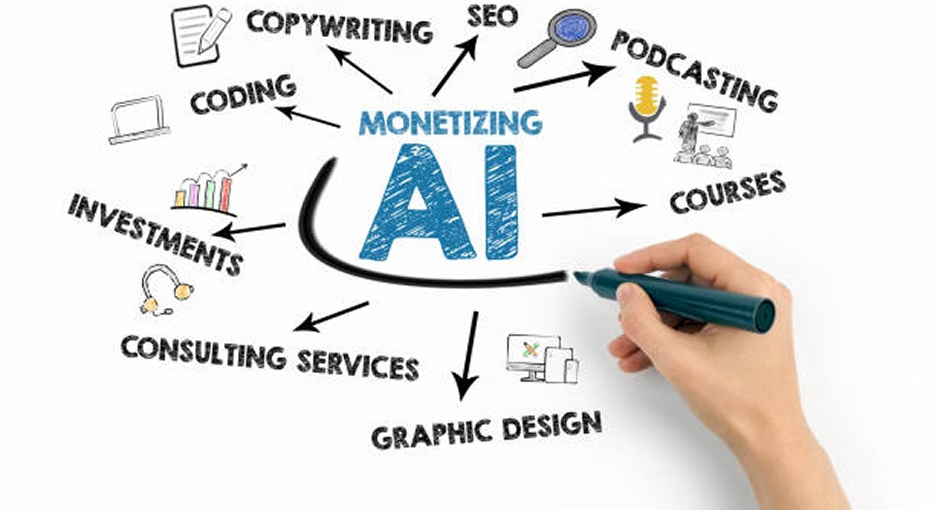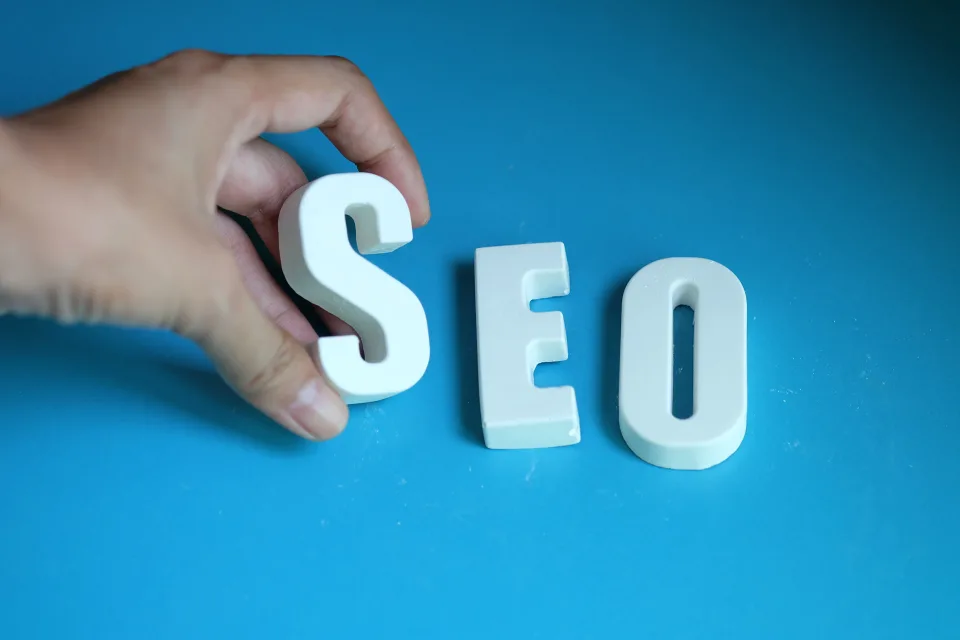
Why AI in Marketing Is About More Than Just Chatbots
The Common Misconception About AI and Automation
Let’s be honest. When you talk about AI marketing tools in marketing with most people, including your coworkers or relatives, they probably think about chatbots that show up on websites or ChatGPT that writes blog articles. I understand. People often conceive of AI as a magical tool that can do things like answer customer questions or write email drafts quickly.
I used to think the same way when I first learned about this and was overwhelmed by the amount of work I had to do. When AI came up in conversations, I saw coworkers roll their eyes, thinking it was all about replacing the human brain with a robot brain. But that’s not really the sharpest way to see it, if you ask me.
From what I’ve noticed over time, AI marketing tools are way more than just chatbots—they’re all about digging up info that helps, crafting experiences that stand out, and building plans that get results. This mix-up about what AI can do? It’s holding us back from tapping into its real possibilities, and I think now’s a perfect moment to rethink things.
I once teamed up with a group that brushed off AI as just a flashy trend, but when we put it to work, it zeroed in on what customers loved, cutting out weeks of slogging through data ourselves. That wrong idea? It’s stopping us from unlocking AI’s full potential, and I think it’s time to shake things up and see what it can actually do. The first step to using AI for marketing effectively is to change how you think.
Real-World Problems AI Is Solving in Modern Marketing
Marketers face a whirlwind of challenges every day—from wrestling with mountains of data and being unsure what to do with it to guessing which ad will strike a chord or keeping pace with customers’ ever-evolving tastes. I’ve been in that boat myself, staring at spreadsheets and scratching my head over a campaign that just didn’t click.
Thankfully, AI digital marketing is stepping up to solve these hurdles with style. Take Walmart, for example—it’s using predictive analytics in marketing strategies to ensure products are in stock when buyers want them.
BMW employs AI for marketing to dive into social media trends, crafting content that truly resonates. Starbucks uses AI to analyze peak hours and optimize staffing efficiently. Even small businesses benefit. A local bakery I know used AI to forecast holiday demand and adjusted supply accordingly.
These examples prove that artificial intelligence in marketing automation can go beyond digital—it streamlines operations, drives efficiency, and supports smarter decisions.

Key Types of AI Marketing Tools and What They’re Built For
AI-Powered Analytics and Insights
One of the standout features of AI marketing tools is their ability to turn raw data into actionable insights. Platforms like Salesforce Marketing Cloud monitor customer behavior, predict outcomes, and track campaign performance in real time.
I’ve used similar platforms where dashboards instantly revealed which customer segments were more engaged. A retail client uncovered a 15% surge in mobile traffic, pivoted their ad strategy, and saw a 20% increase in sales. Data-driven marketing with artificial intelligence reveals patterns you’d otherwise miss—removing guesswork from strategy.
Sentiment analysis, like what Nike employs, lets brands track emotional feedback from reviews to prevent PR mishaps before they happen.
AI Content Creation Tools
Writing blogs, emails, or social posts can take hours, but AI marketing tools for content creation like Jasper and Copy.ai speed up drafting while letting marketers focus on refinement. I’ve used these to generate headlines and optimize copy—great as creative assistants, not full replacements.
A media company I know created 50 articles in one month, cutting production time by 40% while maintaining engagement. Some tools like Canva’s AI can now design images and script videos—broadening your creative options in the world of AI-generated content for marketers.
AI Automation for Customer Journeys
AI marketing automation ensures customers move seamlessly through their journeys. Tools like HubSpot can optimize send times for emails based on recipient behavior.
I’ve worked with campaigns that sent tailored follow-ups automatically, saving time and boosting engagement. One travel agency I supported used AI to trigger personalized messages post-inquiry—resulting in an 18% increase in conversions.
Global brands also benefit. AI can auto-schedule social posts across time zones, ideal for international marketing.
Personalization at Scale: How AI Elevates Customer Experience
Real-Time Content Personalization
AI makes personalization at scale with AI a reality. Brands like Michaels saw a 25% uptick in click-through rates after personalizing 95% of their email content. I’ve worked with e-commerce brands that adjusted homepage banners based on user behavior—leading to a 12% increase in sales.
Spotify creates emotion-based playlists that boost retention. Target adjusts in-store displays using AI to reflect real-time shopping trends. It’s not just about data—it’s about making customers feel seen.
AI-Driven Product and Email Recommendations
AI-powered marketing shines with recommendation engines. Netflix suggests shows; Amazon’s suggestions drive 35% of sales. I worked with an online retailer that sent personalized product emails—sales went up 10%. A boutique client used AI to push seasonal items, boosting repeat purchases by 15%.
Segmenting Your Audience Using AI Insights
AI lets you go beyond basic demographics. I’ve used it to identify micro-segments—tech enthusiasts, eco-conscious shoppers, etc.—which drove much higher response rates.
A fitness brand I partnered with created custom content for beginners and advanced users. Engagement rose 22%. Segmenting bargain hunters from premium shoppers? That’s how strategic applications of AI in marketing lead to smarter personalization.

Predictive Analytics in Marketing Strategy
Forecasting Trends and Buyer Intent
Predictive analytics in marketing strategies gives you foresight. One client used AI to spot a growing demand for eco-friendly apparel, launched a campaign, and outperformed expectations by 30%. Predicting buyer intent helps you align inventory and messaging—often before your competitors catch on.
Predicting Churn and Optimizing Ad Spend
Churn is a marketer’s nightmare—but AI marketing tools can predict who’s likely to leave. I used one platform to cut wasted ad spend by 15%, reallocating it to high-performing campaigns.
A subscription brand I worked with used AI-driven retention letters to reduce churn by 10%. These platforms can also optimize bids in real time, keeping your budget focused on effective campaigns.
Improving Campaign Timing and Targeting
Timing matters. AI marketing tools help you send emails or run ads when your audience is most active. A campaign I ran increased click-throughs by 20% just by syncing with peak user times.
A food delivery app used AI marketing tools to run lunch-hour promotions and saw an 18% lift in orders. Want your Black Friday campaign to hit just right? AI helps you do that, too.
Content Generation and Optimization with AI marketing tools
Tools for Writing, Editing, and Scaling Content
AI marketing tools like Grammarly and Writesonic handle drafting and editing. I’ve used them to triple weekly content output, helping maintain a full sales funnel.
One client used AI marketing tools to produce educational materials and doubled their reach in three months. These tools support multilingual content as well—helping brands expand globally.
How AI Helps Marketers Generate Ideas and Structure
When you’re stuck, AI suggests ideas, headlines, and outlines. I rely on it to plan SEO-optimized content like “how to use AI marketing tools.” One startup I worked with used AI to structure papers—saving days in planning.
Tools also help identify A/B testing opportunities, guiding better content decisions.
Human Creativity + AI Speed = Hybrid Workflow
The real magic? Combining human creativity with AI speed. I often let AI produce a rough draft, then polish it with my own voice.
This hybrid workflow helped one publishing client release 10 books in a year. AI wrote the chapters; editors refined them. Some tools even optimize for voice search—a great add-on for modern content strategies

Strategic Implementation: Making AI Work Across Your Marketing Stack
Use Cases by Channel: Email, Social, Ads, CRM
AI seamlessly integrates across all channels. One client saw a 30% lift in engagement after implementing AI in email, social media, ads, and CRM.
I worked with a beauty brand that aligned its email and social media using AI—sales rose 25%. You can even use AI to suggest where to tweak video ads based on where users drop off.
Building AI Into Your Marketing Workflows
Integration takes planning. Start by identifying repetitive tasks like organizing content or reviewing campaign performance. Then test AI marketing tools for those tasks.
A healthcare client gradually rolled out AI for patient outreach—responses increased by 15% in six months. This reduces disruption and increases long-term value.
Key Considerations for AI Marketing Tools and Team Integration
Select tools that integrate seamlessly with your tech stack, are user-friendly, and provide comprehensive training. I’ve seen powerful tools flop because teams couldn’t adopt them.
A retail brand I advised used Stremeline’s AI tools. With expert onboarding, setup time dropped by 20%. Always consider scalability and pilot test before scaling up.
Conclusion: Marketing with AI Is Strategic, Not Robotic
AI marketing tools aren’t just about automation—they’re strategic enablers for personalization, insights, and smarter execution. It’s not about replacing marketers but augmenting their capabilities with precision and speed.
Adopt thoughtfully. Start small. Test. Iterate. Then scale.
💡 Ready to integrate AI marketing tools the right way? Let Stremeline guide your next step.
Our tailored solutions help you harness AI-powered marketing and data-driven marketing with artificial intelligence to get real results. Visit us at stremelinedigital.com or on LinkedIn to learn more about how we can support your marketing evolution.



